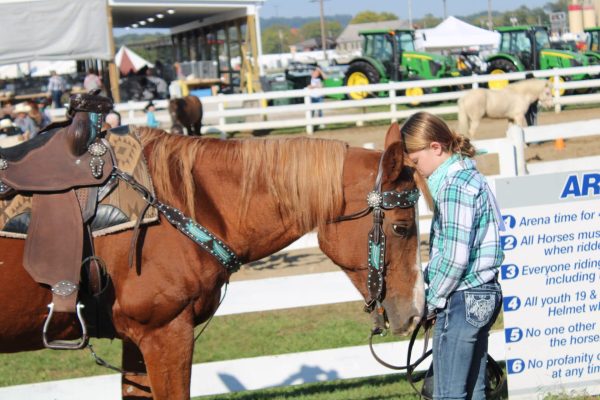Misinformation on Social Media: Don’t Be Like Great Aunt Esther
In the social media era, vast expanses of information are instantly accessible at our fingertips. Almost anything you could want to know is just a click of your keyboard away. And while this is great for finding a quick answer to a question, it can be detrimental when anyone can post what they want in the blink of an eye on social media, regardless of the post’s factuality.
Allow me to describe an all too familiar scenario. You are scrolling through Facebook, and then you see it: Your great aunt has shared a post that is simply not true. You try to tell her, “No, Great Aunt Esther, that woman did not give birth to 17 identical babies.” With a simple Google search, the information in this post can be debunked, but she still keeps the post up for anyone on the internet to see. This is a common experience for many individuals. However, if we are told not to believe everything we see on the internet, how do blatantly false posts still get thousands of shares? The most recent example of widespread misinformation on social media occurred after the presidential election. Endless posts have made claims about the election process and voter fraud, many with no evidence to support them. Yet, people still believe these deceptive posts, especially if they fit their preconceived notions.
As users of social media, we are all responsible for the posts we make. Please, before you add something to your Facebook or Tik Tok account, do your research and make sure the information is true. Also, remember that you cannot trust everything you see on social media. Despite the wealth of information that we have, we should not neglect taking responsibility for posting information that is true rather than misleading. If you only take away one idea from this article, just remember: Do not be like Great Aunt Esther!

Lauren is a senior and a third year member of the Crimsonian staff. She is involved in cheerleading, Sparkle, Best Buddies, and National Honor Society.






